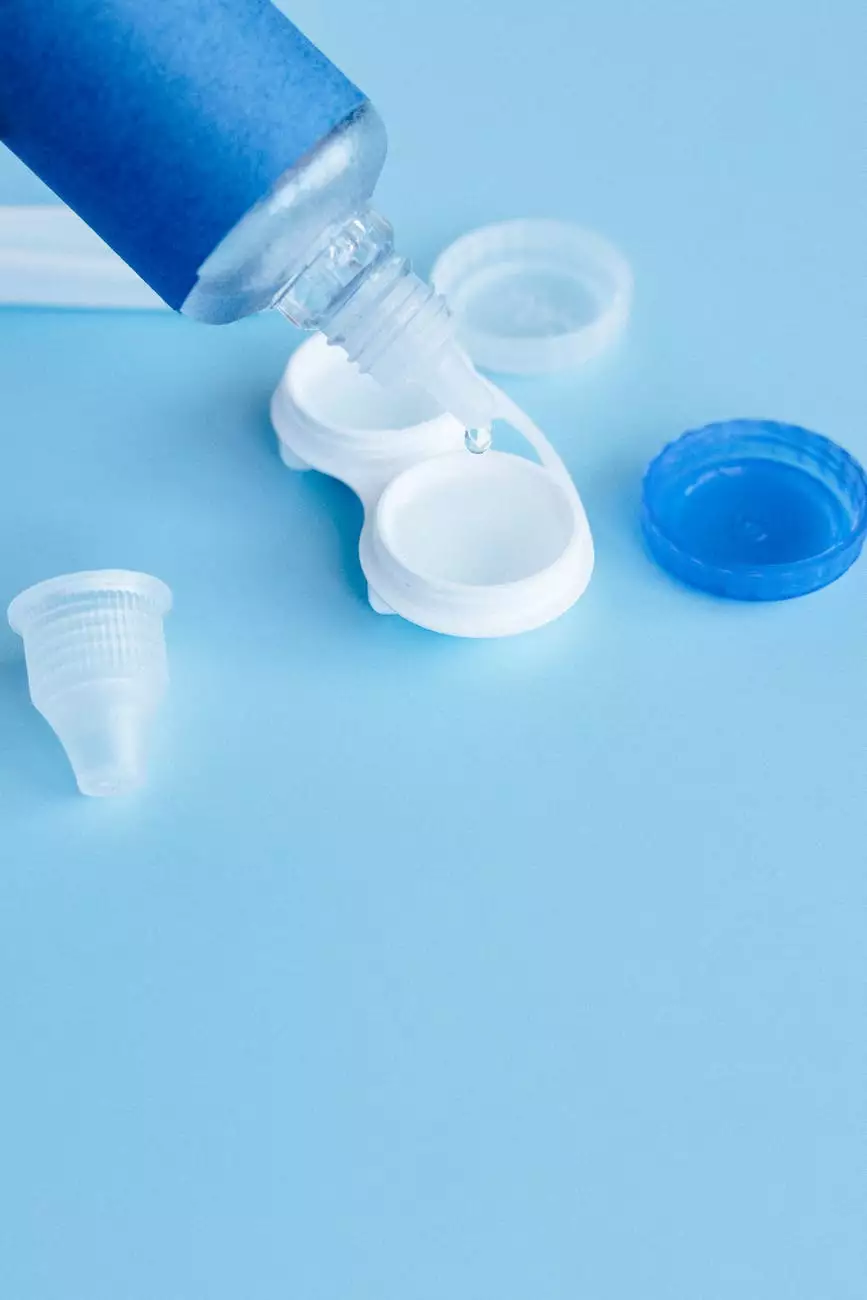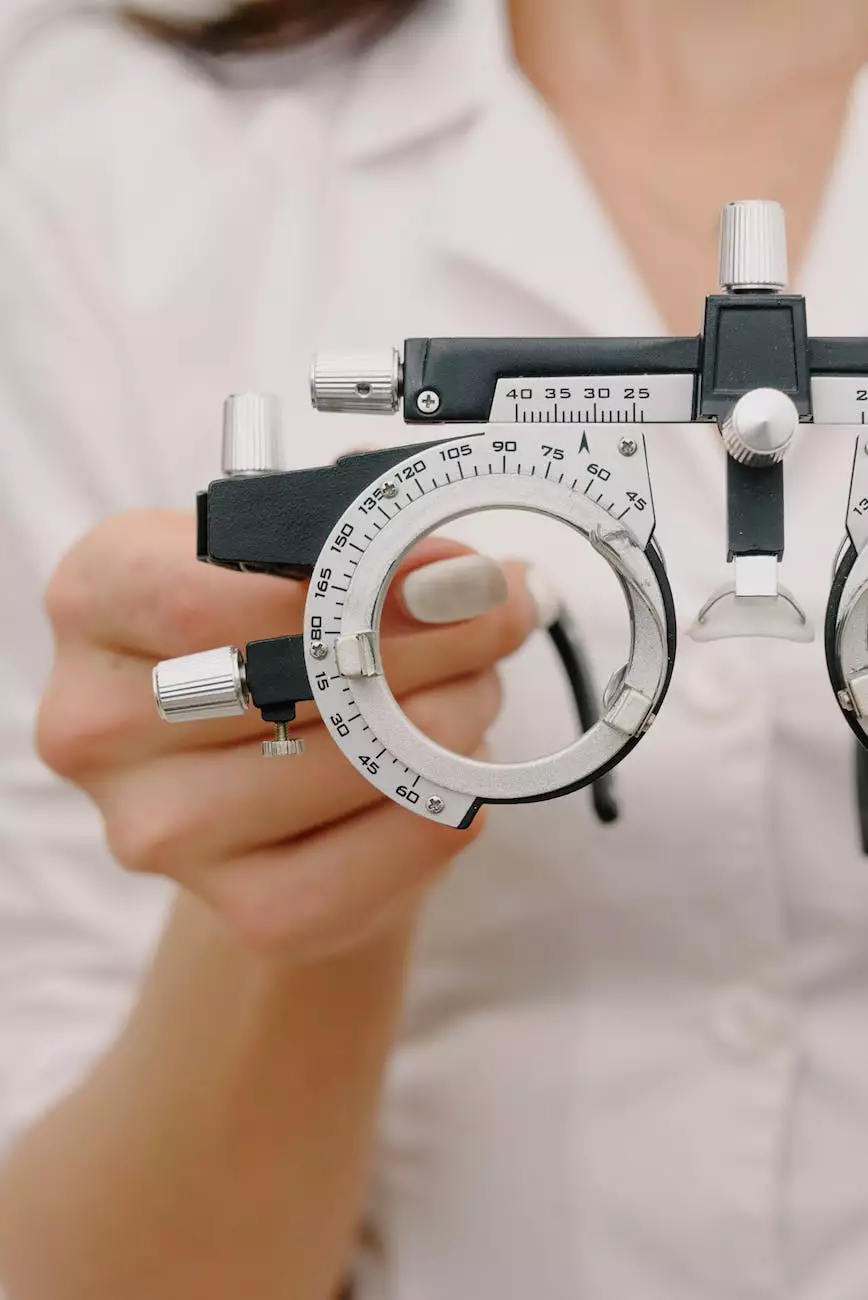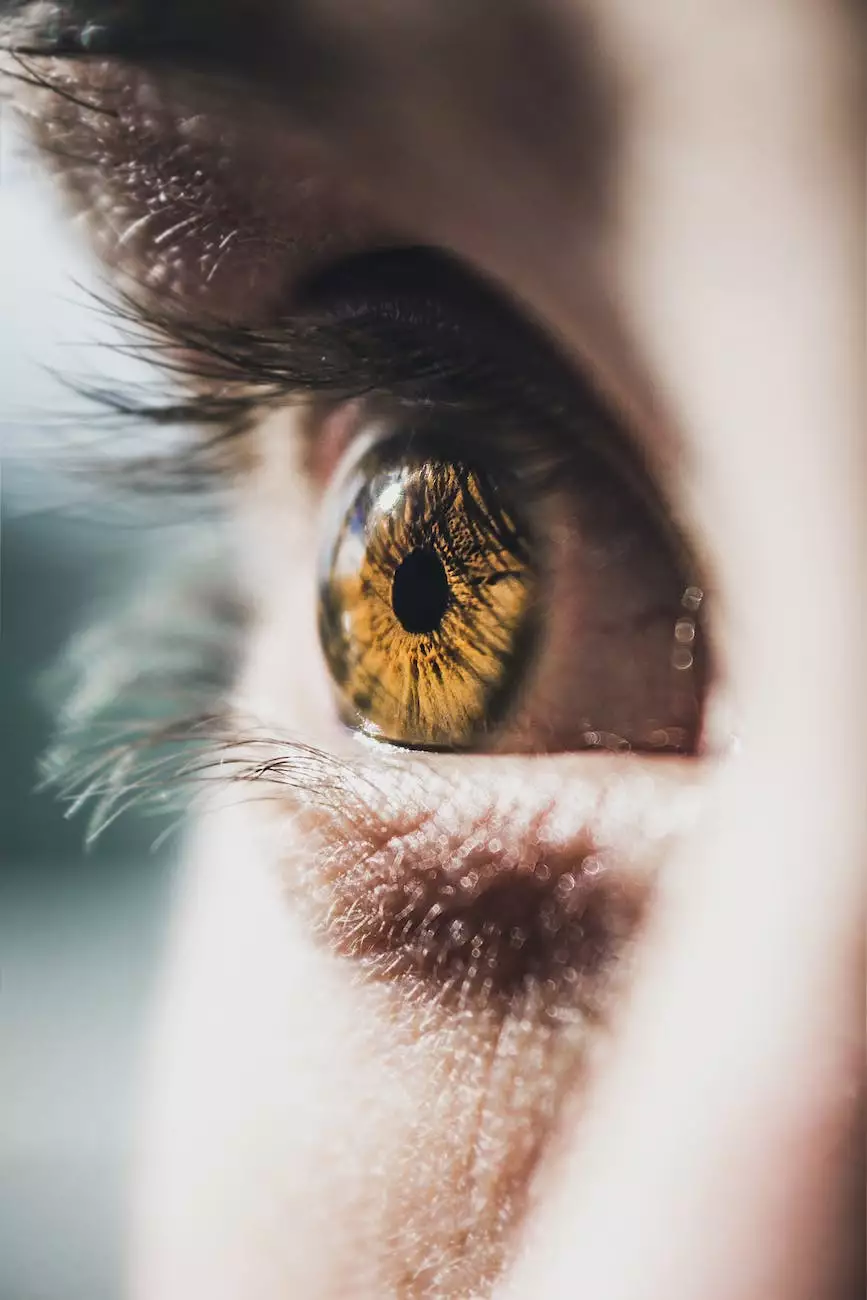Contact Lens FAQ
Blog
Introduction
Welcome to the Contact Lens FAQ page of Baron Rick W Dr, your trusted optometrist in Chicago, Illinois. Here, we aim to provide comprehensive answers to frequently asked questions related to contact lenses. Whether you're considering contact lenses for the first time or have been wearing them for years, this page will help you gain valuable insights into their various aspects.
Types of Contact Lenses
There are several types of contact lenses available in the market today. These include:
- Soft Contact Lenses: Soft contact lenses are made of lightweight, flexible plastics that allow oxygen to pass through to the cornea. They are comfortable to wear and available in various options, including daily disposables, monthly disposables, and extended wear.
- Rigid Gas Permeable (RGP) Contact Lenses: RGP lenses are made of rigid, durable materials that allow oxygen to reach the eye. They provide excellent visual clarity and are often recommended for individuals with certain eye conditions.
- Toric Contact Lenses: Toric lenses are designed to correct astigmatism, a condition where the cornea has an irregular shape. These lenses come in both soft and RGP options, providing clear vision for individuals with astigmatism.
- Multifocal Contact Lenses: Multifocal lenses are designed for individuals with presbyopia, a condition that affects near and far vision. They provide clear vision at varying distances and eliminate the need for reading glasses.
- Colored Contact Lenses: Colored lenses allow you to change the color of your eyes. They are available both with and without vision correction, making them a popular choice for cosmetic purposes as well.
Proper Care and Maintenance
Maintaining good hygiene and proper care of your contact lenses is essential for healthy eyes. Follow these tips to keep your eyes and lenses in optimal condition:
- Wash and Dry Your Hands: Before handling your contact lenses, make sure your hands are clean and free from any oils, lotions, or debris.
- Clean and Disinfect: Follow the cleaning and disinfecting instructions provided by your eye care professional. Use the recommended solution and never reuse old solution.
- Replace on Schedule: Replace your contact lenses as directed by your eye care professional. Do not exceed the recommended usage time to avoid potential eye problems.
- Avoid Water Contact: Never wear your contact lenses while swimming, showering, or engaging in water activities. Water can introduce harmful bacteria to your eyes.
- Store Properly: Store your contact lenses in a clean lens case filled with fresh solution. Replace your lens case regularly to prevent contamination.
- Avoid Sleeping with Contacts: Unless specifically approved by your eye care professional, avoid sleeping with your contact lenses. This can lead to discomfort, dryness, and potential complications.
- Regular Eye Exams: Visit your optometrist regularly for comprehensive eye exams. This ensures that your contact lenses are fitting properly and your eyes are healthy.
Common Concerns and FAQs
1. Can I wear contact lenses if I have dry eyes?
Yes, many individuals with dry eyes wear contact lenses successfully. However, it is important to consult with your eye care professional to determine the most suitable type of lenses and solutions for your specific situation.
2. How long can I wear my contact lenses each day?
The duration of wear depends on the type of contact lenses prescribed by your optometrist. Daily disposable lenses are designed for single-day use and should be discarded at the end of the day. Other types of lenses may be approved for extended wear, but it is essential to follow the recommended wearing schedule provided by your eye care professional.
3. Can I swim or engage in sports activities with contact lenses?
While some contact lenses are designed for occasional sports or water activities, it is generally recommended to wear protective eyewear or consider prescription goggles to prevent damage to your contact lenses and eyes. Consult with your eye care professional for personalized recommendations.
4. Are contact lenses suitable for children?
Contact lenses can be a suitable option for children, depending on their age, maturity level, and specific eye conditions. It is crucial to consult with an experienced optometrist to determine if your child is a good candidate for contact lenses and to receive proper guidance on lens selection and care.
5. Can I sleep in my contact lenses?
Unless specifically prescribed, it is generally not recommended to sleep in contact lenses. Extended wear lenses approved for overnight use exist, but consulting with your eye care professional is crucial to ensure your eyes remain healthy and comfortable.
Conclusion
At Baron Rick W Dr, we hope this comprehensive Contact Lens FAQ has provided you with valuable information and insights into the world of contact lenses. Remember to consult with our experienced optometrists for personalized recommendations and guidance tailored to your specific needs. Enjoy the clarity and convenience that contact lenses can offer while maintaining excellent eye health!









